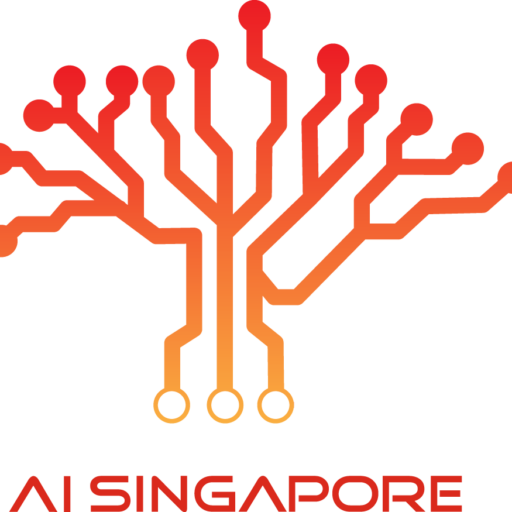
Growing AI Talent in Singapore and Thailand
The Techsauce Global Summit hosted in Bangkok, Thailand, took place virtually on 5 to 8 October this year. Among the hundred-odd talks distributed across thirteen themes, including AI & Data, AI Singapore’s Director of AI Innovation Laurence Liew participated in a panel discussion to share experiences in AI talent development and industry adoption together with Dr Putchong Uthayopas, Vice President for Digital Technology at Kasetsart University and Dr Supan Tungjitkusolmun, President of CMKL University.

Right off the bat, our gracious and humble Thai counterparts acknowledged that Singapore is ahead of the curve as far as AI talent development and industry adoption go. Laurence gave a quick summary of what AI Singapore has achieved since it was set up in 2017. Of the one hundred industry projects originally planned, fifty-five have been approved and fourteen are already deployed in production. The project sponsors have been an equal mix of end users (incorporating AI as an competitive advantage) and solution providers (offering new services) across a diverse range of industries. On the talent development front, the AI Apprenticeship Programme conceived to address the talent shortage has also seen an explosion in applicants this year, with the demand not projected to taper off in the next two years.
In Thailand, several industry verticals have already been identified in its national AI strategy : food and agriculture, medical and healthcare, energy and environment, tourism, education, logistics, security and manufacturing. It is interesting to note that there is much in common with the Singapore experience despite major differences in our economic structures. For example, 40% of the Thai population is engaged in agriculture-related work and tourism contributed between 10% to 20% of pre-COVID GDP by various estimates (compared to Singapore’s 4%).
Dr Putchong, a good friend of Laurence of many years, is an admirer of the Singapore model, passionately advocating for a structure similar to the one the Lion City has put in place, which empowers industry to drive the demand for AI applications and talent. Having a population more than ten times Singapore’s, Laurence is confident that despite the later start, Thailand, with its tremendous amount of talent and data, can be on par with Singapore in a year. A key part of its talent development strategy is the recently launched Super AI Engineer Development Program, which seeks to develop in the first phase 100 such top talent together with 300 experts and 1,600 starters.

(Source : Facebook)
Beyond personal friendships between leaders, ideas to connect up more AI professionals between nations were also floated during the discussion. In Singapore, the recently set up AI Professionals Association (AIP) might be one such vehicle to carry out such network building. Whatever form it takes, all the panelists agree that this would be good for the whole Southeast Asian region. Personally, I think there is much mutual learning to be done, in view of the many common AI use cases encountered, and I eagerly look forward to it coming to fruition. Overall, this panel discussion has provided me a good glimpse of the development of AI in our neighbouring country.

(The opinions expressed in this article are those of the author and do not necessarily reflect the official position of AI Singapore.)


